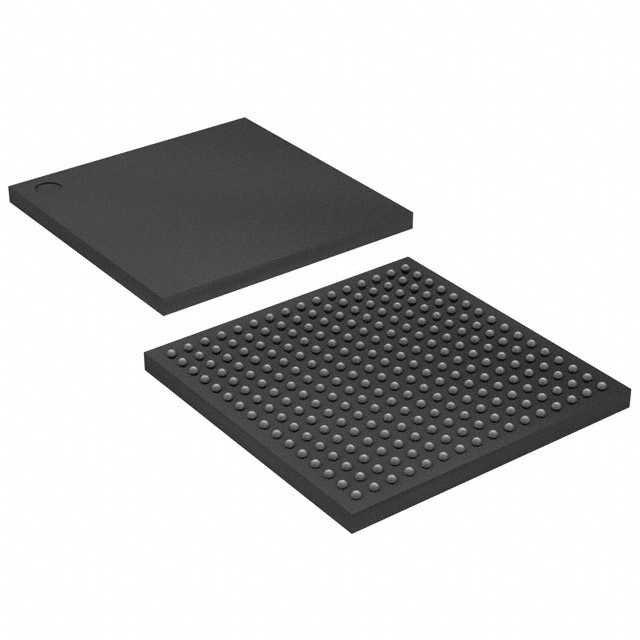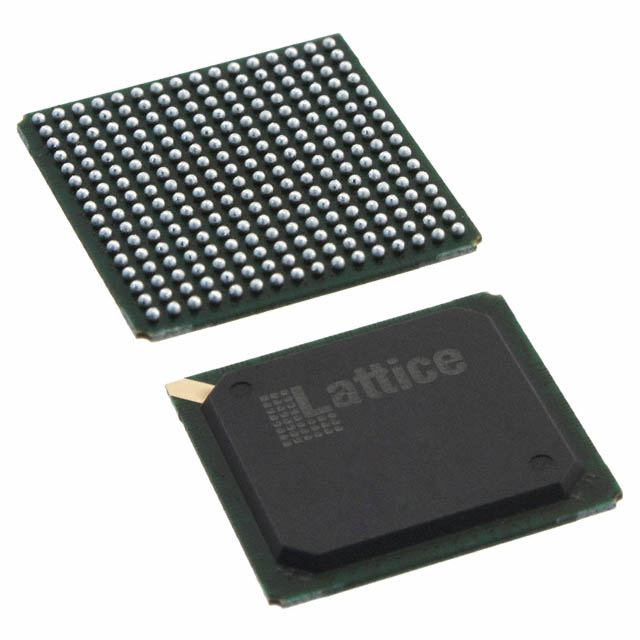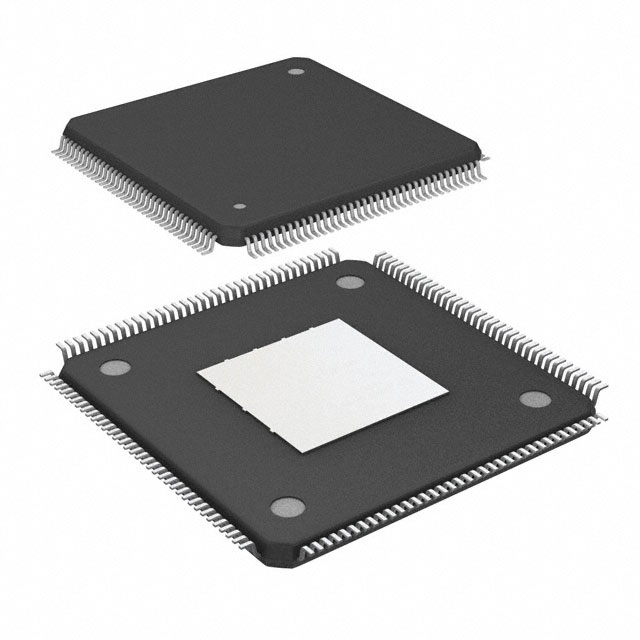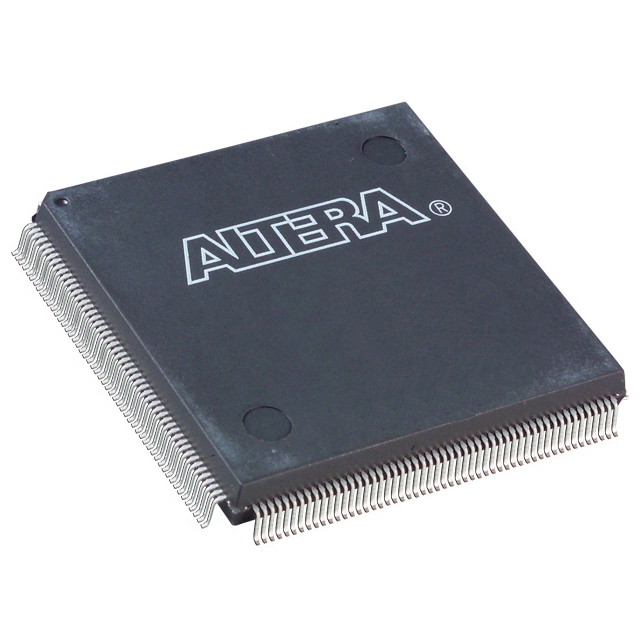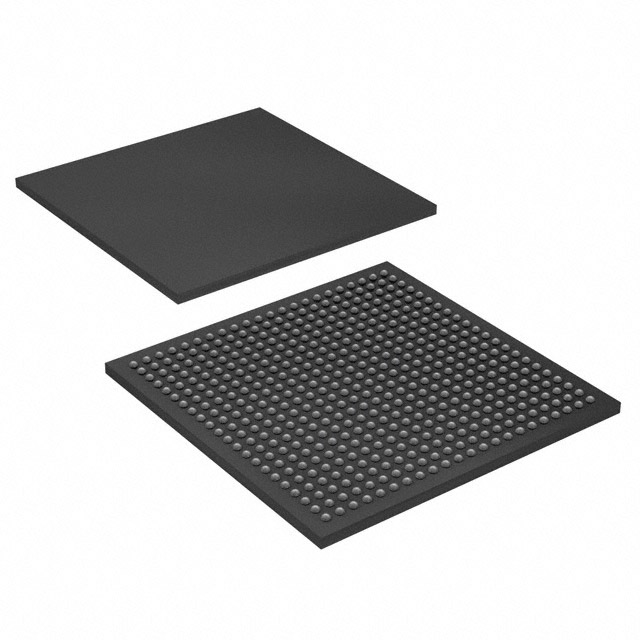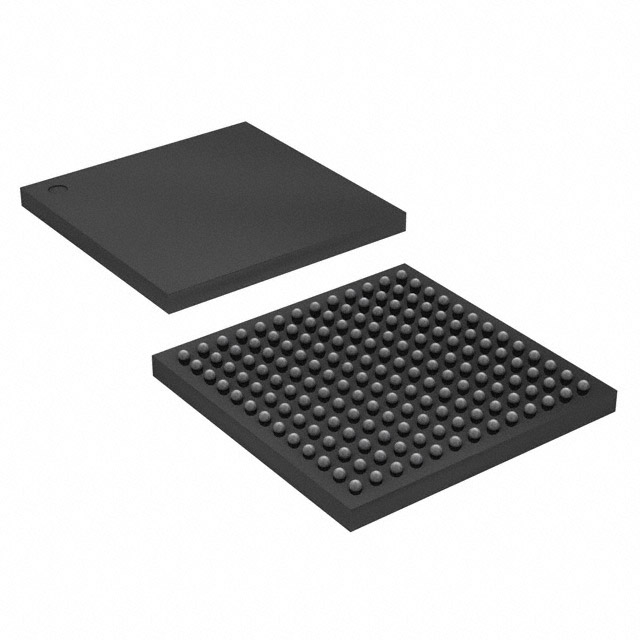In Stock : 0
Please send RFQ , we will respond immediately.









EP2C20F256C7 Specifications
-
TypeParameter
-
Supplier Device Package256-FBGA (17x17)
-
Package / Case256-LBGA
-
Operating Temperature0°C ~ 85°C (TJ)
-
Mounting TypeSurface Mount
-
Voltage - Supply1.15V ~ 1.25V
-
Number of I/O152
-
Total RAM Bits239616
-
Number of Logic Elements/Cells18752
-
Number of LABs/CLBs1172
-
DigiKey ProgrammableNot Verified
-
PackagingTray
-
Product StatusActive
-
SeriesCyclone® II
The EP2C20F256C7 is an integrated circuit chip from the Cyclone II family of Field-Programmable Gate Arrays (FPGAs) developed by Altera (now Intel). Here are some advantages and application scenarios of this chip:Advantages: 1. High Performance: The EP2C20F256C7 chip offers high-speed performance with a maximum operating frequency of up to 250 MHz. It provides efficient logic utilization and supports complex digital designs. 2. Flexibility: Being an FPGA, it allows for reprogramming and reconfiguration of the chip's functionality even after deployment. This flexibility makes it suitable for prototyping, testing, and development of various digital systems. 3. Integration: The chip integrates a large number of programmable logic elements, memory blocks, and digital signal processing (DSP) blocks. This integration enables the implementation of complex digital designs on a single chip, reducing the need for external components. 4. Low Power Consumption: The EP2C20F256C7 chip is designed to be power-efficient, making it suitable for battery-powered or low-power applications. 5. Cost-Effective: FPGAs like EP2C20F256C7 offer a cost-effective solution compared to custom Application-Specific Integrated Circuits (ASICs) as they eliminate the need for expensive mask production and allow for faster time-to-market.Application Scenarios: 1. Digital Signal Processing: The EP2C20F256C7 chip's DSP blocks make it suitable for applications requiring real-time signal processing, such as audio and video processing, image recognition, and communication systems. 2. Embedded Systems: The chip can be used in embedded systems for controlling and interfacing with various peripherals, sensors, and actuators. It enables the implementation of complex control algorithms and supports communication protocols like UART, SPI, I2C, etc. 3. Prototyping and Development: The EP2C20F256C7 chip is commonly used in prototyping and development of digital systems. Its reprogrammability allows for iterative design and testing, making it ideal for hardware/software co-design and verification. 4. Industrial Automation: FPGAs find applications in industrial automation systems, including robotics, machine vision, and control systems. The EP2C20F256C7 chip's high performance and integration capabilities make it suitable for implementing complex control algorithms and interfacing with various industrial devices. 5. Communications and Networking: The chip can be used in networking equipment, such as routers, switches, and network interface cards. It enables the implementation of high-speed data processing, packet routing, and protocol handling.These are just a few examples of the advantages and application scenarios of the EP2C20F256C7 chip. The versatility and programmability of FPGAs make them suitable for a wide range of digital design applications.






